Key Points:
-
SEC Chair Paul Atkins reaffirmed that the agency will maintain strict enforcement against fraud even as Congress advances legislation clarifying crypto’s regulatory framework.
-
Atkins outlined plans for a token taxonomy recognizing that investment contracts can “run their course”—allowing certain tokens to eventually trade as non-securities.
-
The comments come as Congress moves forward with its long-awaited crypto market structure bill, despite the ongoing U.S. government shutdown.
U.S. Securities and Exchange Commission (SEC) Chair Paul Atkins said Wednesday that while digital asset legislation in Congress may redefine market oversight, the agency has no intention of relaxing its enforcement standards.
Speaking at the Federal Reserve Bank of Philadelphia, Atkins addressed the SEC’s digital asset strategy under “Project Crypto” and the implications of the crypto market structure bill now progressing through Congress.
“This is not a promise of lax enforcement at the SEC,” Atkins said. “Fraud is fraud. While the SEC protects investors from securities fraud, the federal government has a host of other regulatory bodies well equipped to police and protect against illicit conduct.”
Token Taxonomy and the End of Investment Contracts
Atkins said the SEC will soon consider formalizing a token taxonomy — a framework that recognizes different types of digital assets and their evolving legal status.
He emphasized that investment contracts, which initially qualify tokens as securities under the Howey test, may not retain that classification indefinitely.
“Commissioner [Hester] Peirce has rightly observed that while a project’s token launch might initially involve an investment contract, those promises may not remain forever,” Atkins said.
“Once the investment contract can be understood to have run its course, the token may continue to trade, but those trades are no longer securities transactions.”
This acknowledgment marks a pivotal step in the SEC’s shift toward differentiating utility and governance tokens from traditional securities — a key industry demand amid calls for regulatory clarity.
Under Atkins’ framework, digital commodities, collectibles, tools, and network tokens would generally fall outside SEC jurisdiction, while tokenized securities would remain subject to securities laws.
He added that the SEC may propose a tailored exemption regime to govern offerings of crypto assets associated with investment contracts — a move aimed at fostering responsible innovation without undermining investor protection.
Market Structure Bill Gains Traction Despite Shutdown
Atkins’ remarks coincided with legislative momentum on the long-awaited crypto market structure bill, which seeks to clearly divide oversight between the SEC and the Commodity Futures Trading Commission (CFTC).
Despite the ongoing U.S. government shutdown, both chambers of Congress have continued work on the bill. The Senate Agriculture Committee, which oversees the CFTC, released a discussion draft on Monday outlining its version of the legislation.
The Senate’s version aligns with the House’s CLARITY Act, which would designate most crypto tokens as commodities regulated by the CFTC while maintaining SEC oversight for tokenized securities.
Lawmakers and policy analysts see this as a defining moment for U.S. digital asset regulation — one that could make the country the global leader in crypto market infrastructure.
“The legislation represents a unified approach to market structure,” Atkins said. “It offers clarity to innovators, confidence to investors, and accountability for market participants.”
Modernizing the SEC’s Role
Under Atkins’ leadership, the SEC’s Project Crypto initiative aims to modernize financial oversight to reflect the integration of blockchain technology across capital markets.
The project will focus on cross-agency coordination, real-time reporting systems, and 24/7 settlement mechanisms compatible with both traditional securities and digital assets.
While Atkins’ tone was pragmatic, his message was firm: innovation will be welcomed — but enforcement will not weaken.
“Investor trust remains the foundation of healthy markets,” he said. “Regulation must evolve, but accountability must endure.”
Comparison, examination, and analysis between investment houses
Leave your details, and an expert from our team will get back to you as soon as possible

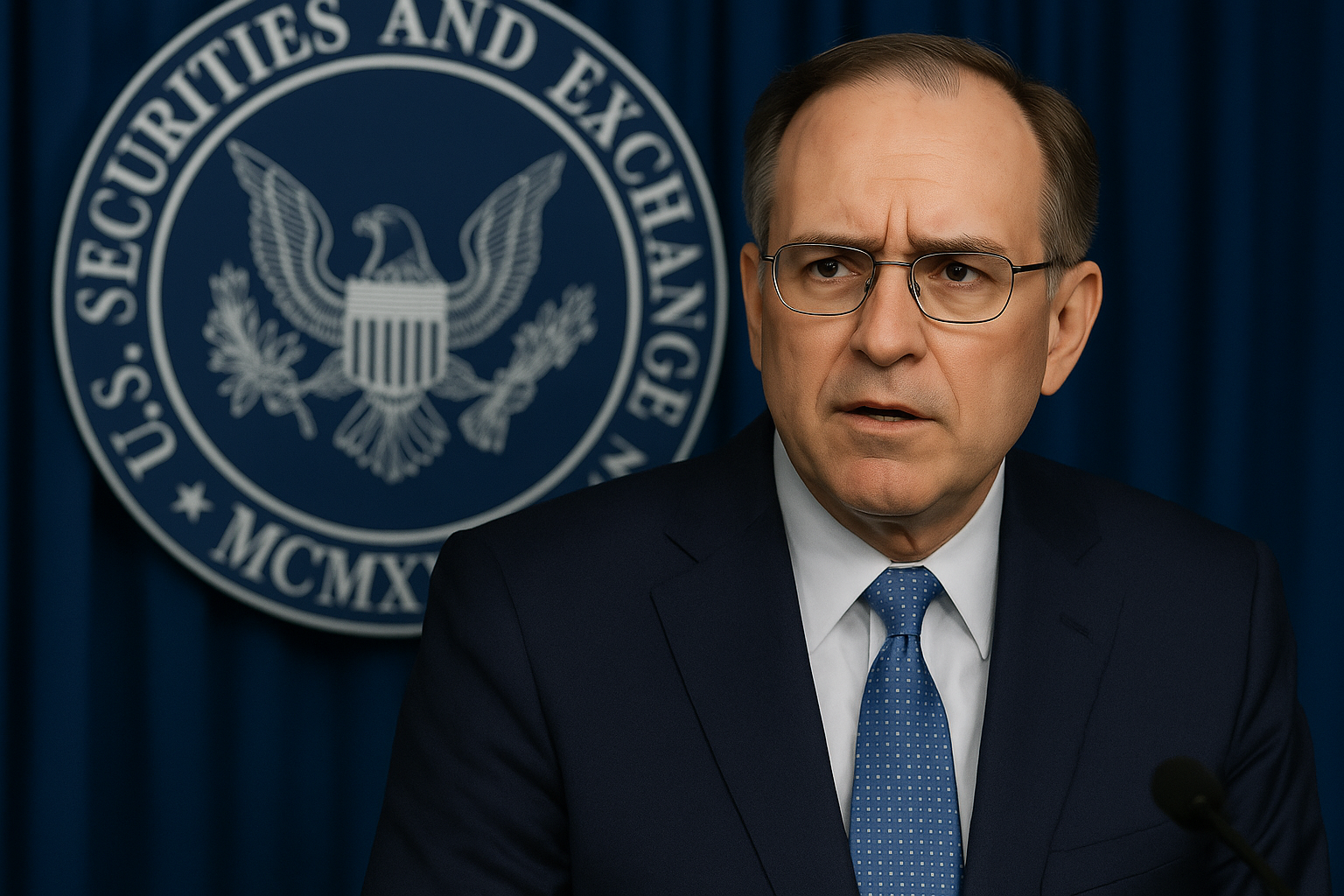



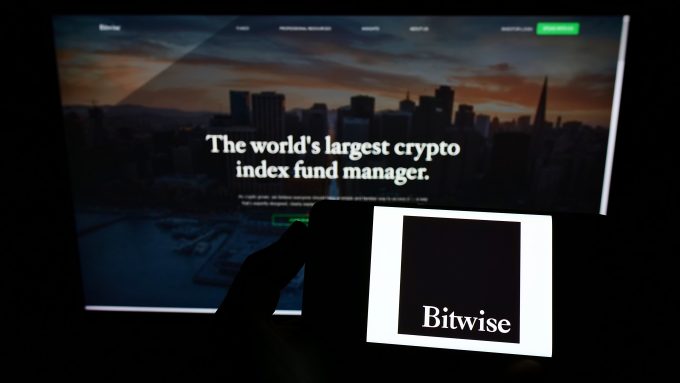
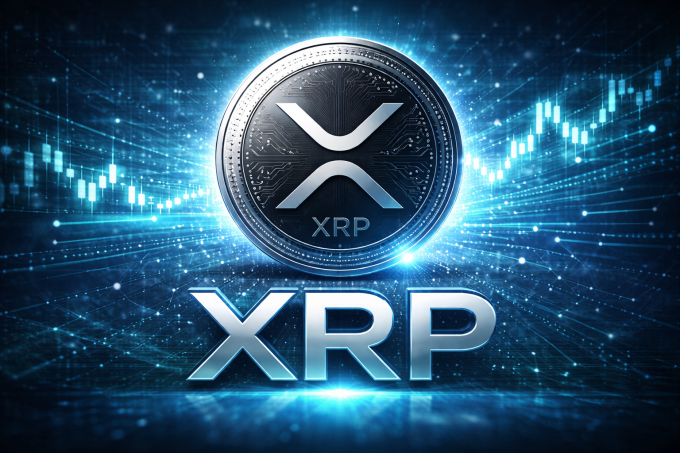

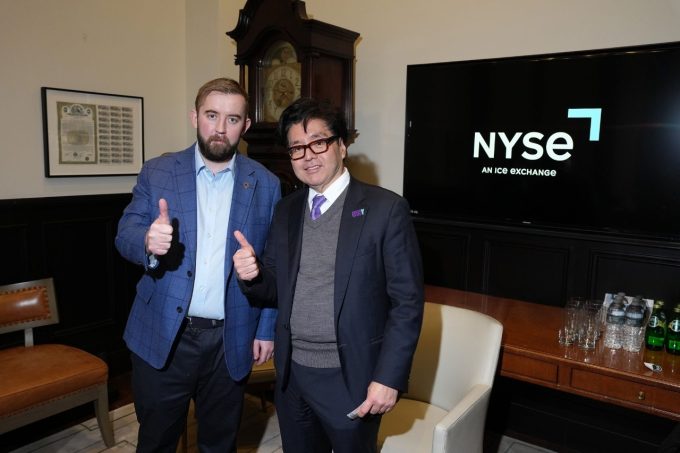
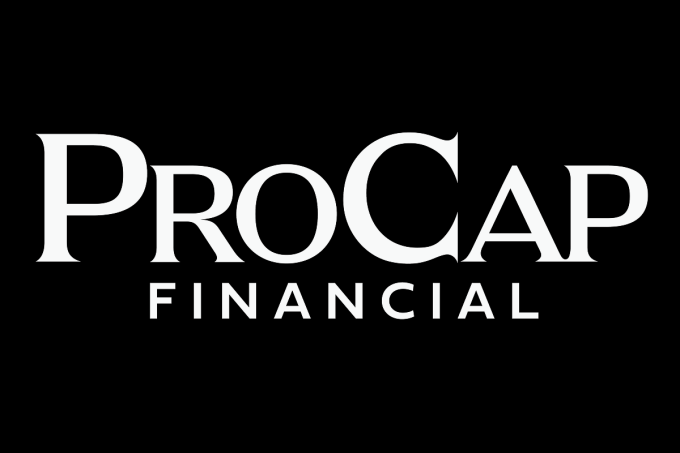



Leave a comment